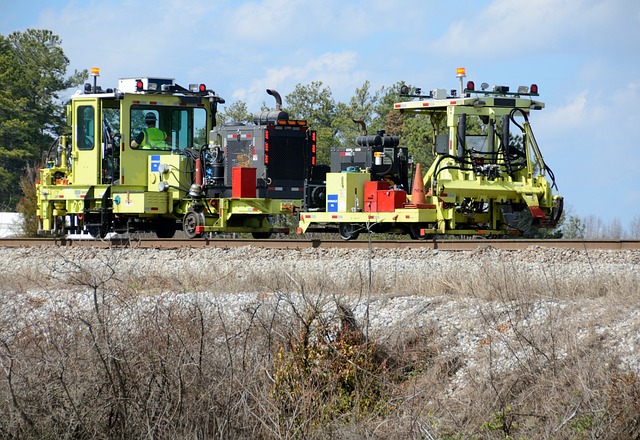
Mesothelioma treatment options are expanding. A devastating cancer effecting he lining of the lung or of the peritoneum, mesothelioma is often caused by inhaling asbestos fibers. These fibers can be inhaled in an occupational setting or in older homes or buildings. It is estimated that 85% of mesotheliomas in men can be attributed to exposure to asbestos at work. There especially a risk for workers on railroads. Whatever the source of the exposure, mesothelioma remains deadly and is still one of the most difficult cancers to treat successfully. While death rates from many other cancers decline, mesothelioma death rates remain high. New therapies might be changing that.
Traditional treatment for mesothelioma has been surgery followed by a combination of the chemotherapy drugs pemetrexed and cisplatin. The problem has been not all patients are candidates for surgery and, often, these first-line chemotherapy agents are ineffective against mesothelioma. Now however, the FDA has recently approved the use of a new combination therapy for pleural mesothelioma patients that cannot have surgery. The two drugs, Opdivo (nivolumab) and Yervoy (ipilimumab) have been found in clinical trials to increase survival over patients receiving traditional chemotherapy. Drug manufacturer Bristol-Myers Squibb has been granted approval by the FDA for this new drug regime. It is the first new regime approved for the treatment of mesothelioma since 2004. Importantly, help may be available to pay for this new therapy.
If you or someone you know has suffered from mesothelioma after exposure on a railroad, there may be compensation available. Contact us for more information and to learn about your rights.





